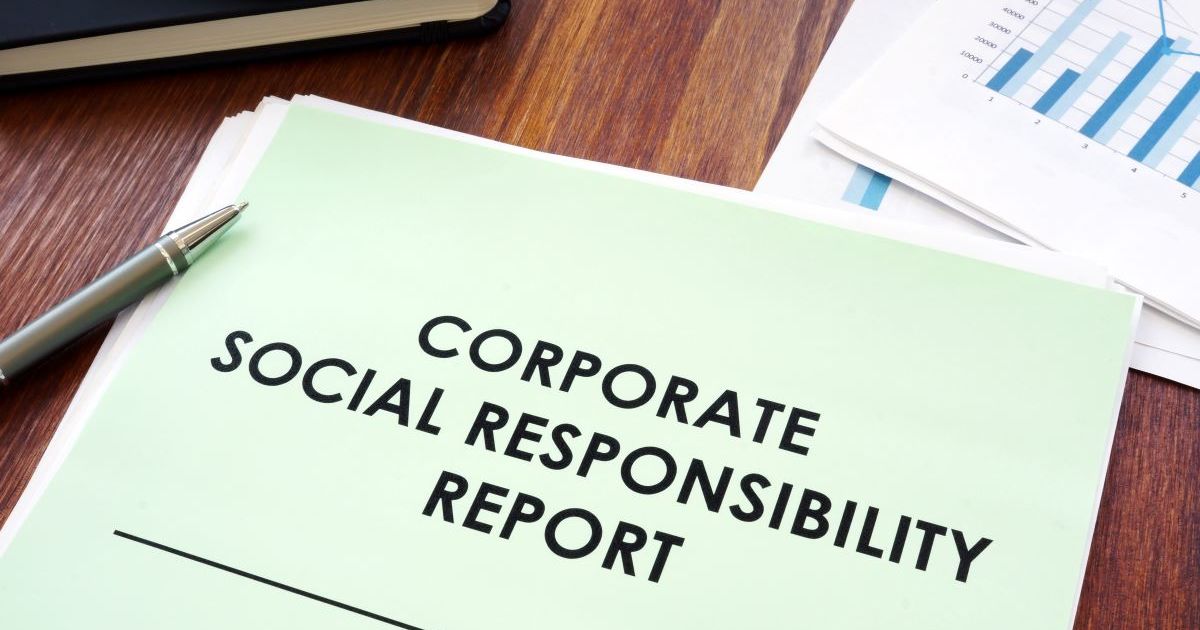Due to the pandemic, many companies have experienced a decline in revenue, and even went out of business. However, quite a lot of companies have actually proven their concern through the Coorporate Social Responsibility (CSR) program which is beneficial to the community when facing the Covid-19 pandemic.
A number of RegionalLy Owned Enterprises (BUMD) companies under the DKI Jakarta Provincial Government carry out a number of CSR programs. PT MRT Jakarta carried out a vaccination program that was attended by more than 7,000 people in 2021, PT PAM Jaya built public sinks, places of worship, and provided financial assistance to communities affected by Covid-19 in 2020 and PT Transportasi Jakarta (Transjakarta) also held vaccination activities for the general public.
Laws and regulations have stipulated that every company that carries out its activities in Indonesia must have a positive impact on society, especially with regard to efforts to improve welfare, reduce unemployment, and reduce poverty. This effort is carried out based on the application of the principles of economic democracy, efficiency, sustainability and environmental insight.
CSR is the company’s commitment to participate in sustainable economic development in order to improve the quality of life and the environment that is beneficial, both for the company, the local community, and the community in general.
Because it is part of the company’s responsibility, the CSR budget is calculated as the company’s costs whose implementation is carried out by taking into account the appropriateness and fairness as referred to in the provisions of Article 74 of Law No. 40 of 2007 concerning Limited Liability Companies.
Government Regulation No. 47 of 2012 concerning Social and Environmental Responsibility of Limited Liability Companies states that social and environmental responsibility is carried out by the Board of Directors based on the annual work plan after obtaining approval from the Board of Commissioners or the General Meeting of Shareholders (GMS) as regulated by Article 4 of Government Regulation No.47 of 2012.
The DKI Jakarta Provincial Government issued Governor Regulation No. 112 of 2013 concerning Social and Environmental Responsibility of the Business World which regulates CSR. This Governor’s Regulation is known as the Social and Environmental Responsibility of the Business World (TSLDU).
Article 8 of Governor Regulation No. 112 of 2013 regulates the implementation of CSR in the form of direct activities to the community and/or participation in local government programs can be done by:
- carry out directly, from planning to implementation.
- funding the implementation of social activities directly carried out by communities that receive the benefits of CSR activities based on proposals submitted by local communities.
- use the services of third parties, community organizations / institutions or companies that provide services, to formulate and / or implement CSR.
- several companies work together to raise funds to finance a social program/activity that is carried out directly or through a third party.
Based on these provisions, the implementation of CSR activities can be carried out through a company that provides services to formulate and / or implement Social and Environmental Responsibility to the community.
Based on Article 1 number 7 of Governor Regulation No.112 of 2013, companies are categorized as a form of business that is legally incorporated or unincorporated, owned by an individual, belongs to a partnership or belongs to a legal entity or belongs to a private or government-owned enterprise (both State-Owned Enterprises / BUMN and RegionalLy Owned Enterprises / BUMD), Foreign Business Investment (PUA), Domestic Investment (PMDN), social enterprises, and other businesses that have administrators.
The purpose, objectives and business activities of a company must be included in the articles of association and in accordance with the provisions of the legislation based on Article 18 of Law No. 40 of 2007). Business activities carrying out csr fund collection services or social activities are recorded in the Standard Classification of Business Fields (KBLI) with KBLI Code 88919.
In other words, companies that can receive or manage CSR funds from the Company are companies that in their articles of association contain business activities to carry out services or social activities for collecting CSR funds in accordance with KBLI 88919.
For example, PT A wants to implement CSR in the form of developing drinking water for the community around the PT A location through a third party. So the third party as the company that will receive and manage CSR funds from PT A must be a company engaged in drinking water production so that the implementation of CSR in the form of drinking water development can be carried out properly.
Based on the description above, the author concludes that a company, especially BUMD, can receive and / or manage CSR funds from other companies if the BUMD carries out service business activities or social activities to collect CSR funds and / or carry out business activities in the field of CSR activities to be carried out.
Author / Contributor:
 |
Kharisma Putri, S.H.
Associate Contact: Mail : putri@siplawfirm.id Phone : +62-21 799 7973 / +62-21 799 7975 |
